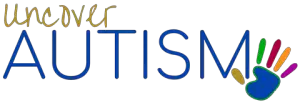Director, Practitioner, Trainer, Author & International Speaker
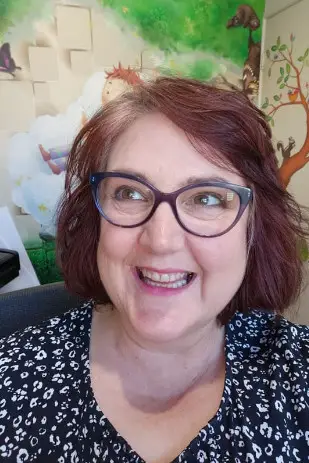
I started playing the piano and pipe organ at 4 years of age. I always wanted to go to the Conservatorium of Music and pursue a career in music and realized that dream when I completed my BA(Mus) in 1989. I was then trained as a Yamaha teacher and began teaching groups of young children from the age of 3 years.
I loved this age group and went on to study a Graduate Diploma (Childcare) at USQ. My love of music and young children eventually led me to Kindermusik which I began teaching in 1997. I am still a Kindermusik educator today (working with children 0 – 7 years), awarded with the prestigious Maestro in Masterful Teaching award and many other awards over the past 20 years.
I am autistic!
I have worked with autistic individuals and those who are neurodivergent for over 35 years but it wasn’t until recently, when I started my Masters in Education (Autism) that I suddenly realized so many things seemed familiar.
We had just completed a module on autism in girls and women which presents very differently than in males. It is part of the reason that women are much harder to diagnose and the diagnoses often comes much later than their male counterparts. At the end of that week, I was watching a video of a woman expressing how she sees the world and her struggle and the lightbulb went off. It was all so familiar and in that moment, every life experience started running through my head at rapid speed while my brain sorted, categorized, and reframed everything through a new lens.
It was enlightening, a relief, overwhelming and exhausting.
For the next few weeks, memories kept coming to mind and I was able to truly understand who I was and see the gifts that were mine because my brain processed things differently to my peers. I could see connections that others didn’t see and I had crazy auditory skills that I thought everyone else had but they don’t.
I started to understand why I had felt so misunderstood, why I was labeled as “emotional” and that I, too, had many co-occurring sensory challenges.
What I thought was intriguing is that I had worked with neurodivergent individuals for my entire career. I could see it so easily in others and never saw it in myself.
So, I am now getting to know who I truly am and appreciate me for me. I now know why so many autistic people I have worked with have said “You just seem to get it.” Everyday, I become more aware of autistic traits that I have always thought were normal but can now see I have learned to camouflage many of them to “fit into” society.
I look forward to bringing not only my educational knowledge to the table but my lived experience as well.
Over 32 Years in the Early Childhood Industry
As a result of my career as an Early Childhood Professional, I have gained a very unique skill set. Coupled with life experience, this skill set has led me to now be a guest lecturer at Conferences and Universities both nationally and internationally. I love giving in-service training, inspiring educators to think outside the box and things to look for in the children they educate so they can assist them in reaching their potential.
I love teaching! I love children and I love families. I love using the power of music and stories to educate and to ignite the imaginations of both children and adults. My workload now, means I get to wear many hats! As well as teaching each day in my studio, in 2003, I began working for Kindermusik International in North Carolina, training all the new Kindermusik educators in Australia and New Zealand.
A Lifetime with Those with Additional Needs
I am the sibling of a sister who has additional needs. She is 18 years older than me and is mentally challenged, blind, and does not have the balance to be able to walk unassisted. She spends most of her time in a wheelchair now. Much of what I have learned is a byproduct of having her in my life. It is a unique position to be in – having to assume the role of the older sister even though I am nearly 2 decades younger. She has taught me much about courage, and determination, and my pursuits to help her have led me down the path of brain development, vestibular development, and how our sensory systems work.
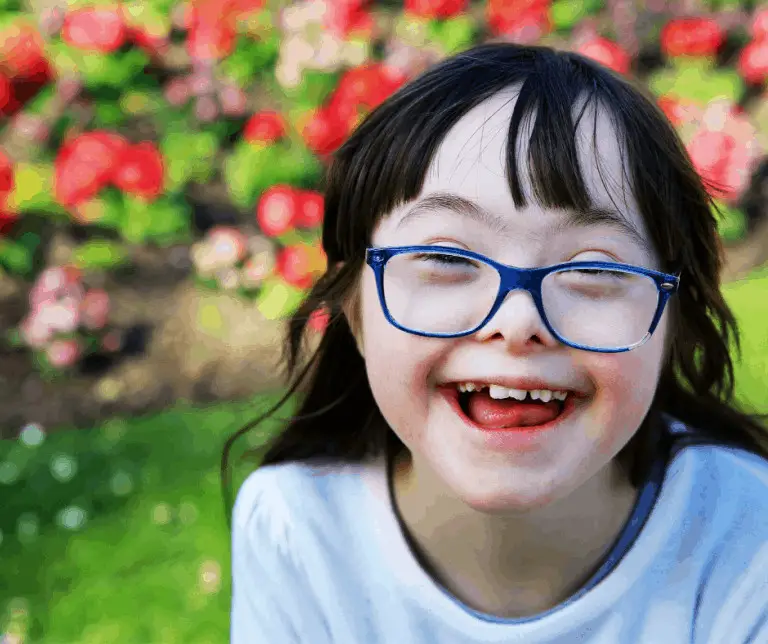
Moving in additional needs circles my entire life, I have learned many things that have blessed the lives of families with children facing challenges of their own. I have seen non-speaking children with autism learn to sing songs and better yet, communicate with their parents using lyrics, even though speech never came. I have seen children with Down Syndrome light up and be some of the most musical children I have taught.
Over 2 Decades as a Certified Practitioner in TLP
I have 2 sons (both married now) but it wasn’t long before I discovered that my youngest didn’t interpret the world in the same way as others. I went through all the things a Mother does – searching and knowing in my gut that something was wrong, even though everyone was telling me “It will be fine.” He has sensory and behavioral issues and no one could tell me what was wrong.
As a result of a very long journey becoming qualified in sensory and other intervention programs, in 2000 I became a certified practitioner in The Listening Program with Advanced Brain Technologies. and started working with children and adults.
This was a beginning of a fascinating journey for me; to truly begin to understand the impact sound has on our learning. Cameron having auditory processing disorder opened a world for me that I found myself immersed in and a thirst for knowledge that left me wanting more.
When we understand how the body processes sound, and how to look for children who have challenges in that area, we can bring about lasting change in a greater capacity than we can in other ways.
Certified in Brain Story
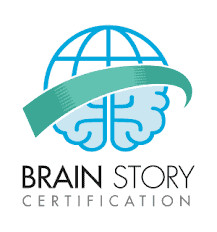
Early experiences affect the development of brain architecture, which provides the foundation for all future learning, behavior, and health.
A physical building is only as strong as its foundation. If the foundation is weak, cracks and structural damage can appear over time, compromising the safety of the building.
The same works for our brains. A child’s early experiences affect the actual architecture of the brain and adverse experiences early in life can impair brain architecture, with negative effects lasting into adulthood.
Brain Story is the study of epigenetics – which is how these early experiences affect the brains of children. It is an exciting and revealing area of study that further explains just how important early experiences are, not just as a child, but for the rest of their life. That is why I look at a child’s history from pregnancy to present day; it is all part of what makes up the current picture.

While it is possible to change brain architecture, there are small windows as children get older that allow for it. The brain’s ability to change in response to experiences is highest between 0 – 2 years and gene expression can even change depending on the types of experiences during this time.

Trainer, Author and International Speaker
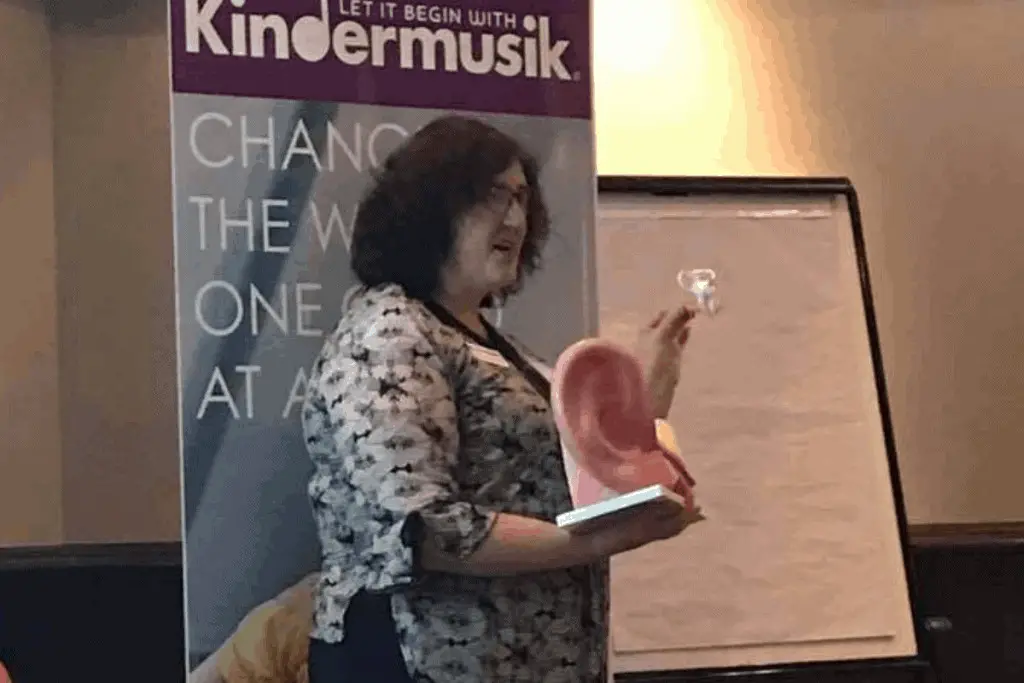
For the past 20 years I have also been fortunate enough to be an international guest lecturer at Universities and other educational institutions, training early childhood professionals in the areas of brain development, auditory processing, music and movement, sensory integration and behavior management.
The type of training I create for early childhood educators’ merges music, the processing of sound, child development and brain development. I love showing educators how sound impacts the brain. It is not only essential for our understanding to help the children we teach, but also for us as educators to make sure we are looking after our own sound health, which results in greater productivity, less stress and better memory.
In my spare time I love to write children’s books, using rhyming prose to help children learn more about language, literacy and visual processing through the power of storytelling.
Diana Works With Children and Families With:
- Kids on the Spectrum
- ADHD/ADD
- Developmental Delays
- Challenging behaviors/emotional regulation/executive function
- Sensory challenges
- Motor coordination and postural stability
- Retained primitive reflexes
- Dyslexia
- Reading and comprehension delays
- Hearing Impaired
- Vision impaired
